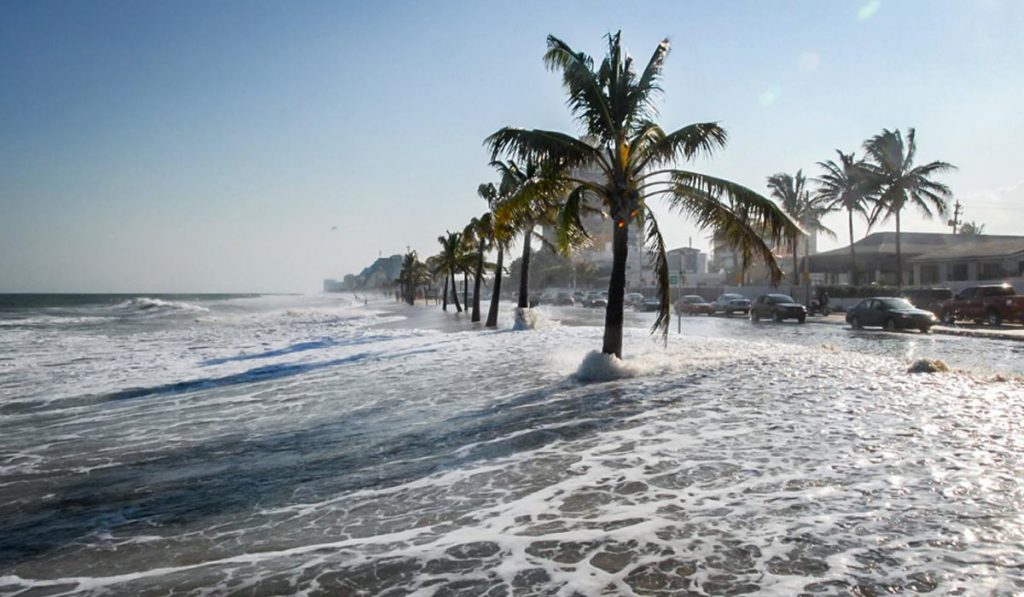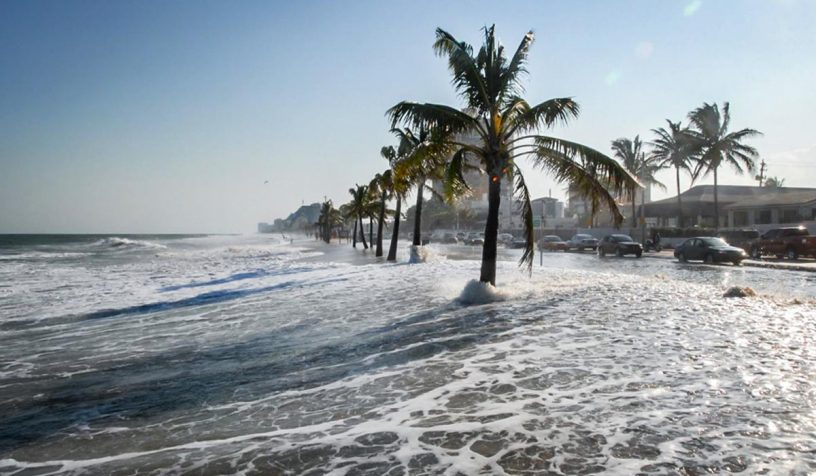
By utilising Bangladesh’s experience on mangrove conservation as a case study, the researchers discuss the strategies developed to surmount some of the challenges that coastal countries can face while implementing nature-based adaptation options.
Authors:
Meinhard Doelle, Marine Environmental Protection, World Maritime University, Malmö, Sweden.
Tony George Puthucherril, Professor, Jindal Global Law School, O.P. Jindal Global University, Sonipat, Haryana, India.
Summary:
There are several nature-based adaptation options available to coastal nations. In this paper, we offer a brief overview of these options and then focus on mangroves to consider how laws and policies can support nature-based solutions and thereby contribute to more effective overall adaptation efforts. We first outline the concept of adaptation and its variants, thereby setting the context for this study. We then briefly explore the science relating to nature-based adaptation.
The researchers analyze the international legal regime in place to protect mangrove ecosystems. Finally, we discuss the merits, the challenges, and strategies developed to surmount some of the challenges that coastal countries can face while implementing nature-based adaptation options by utilizing Bangladesh’s experience on mangrove conservation as a case study.
Ultimately, the authors conclude that it may be necessary to implement both hard and nature-based adaptation options and that an effective law and policy framework will be critical. It will also be important to look beyond physical coastal protection to augment coastal livelihoods and build resilient coastal communities with greater adaptive capacities.
Published in: Nordic Journal of Botany
To read the full article, please click here


